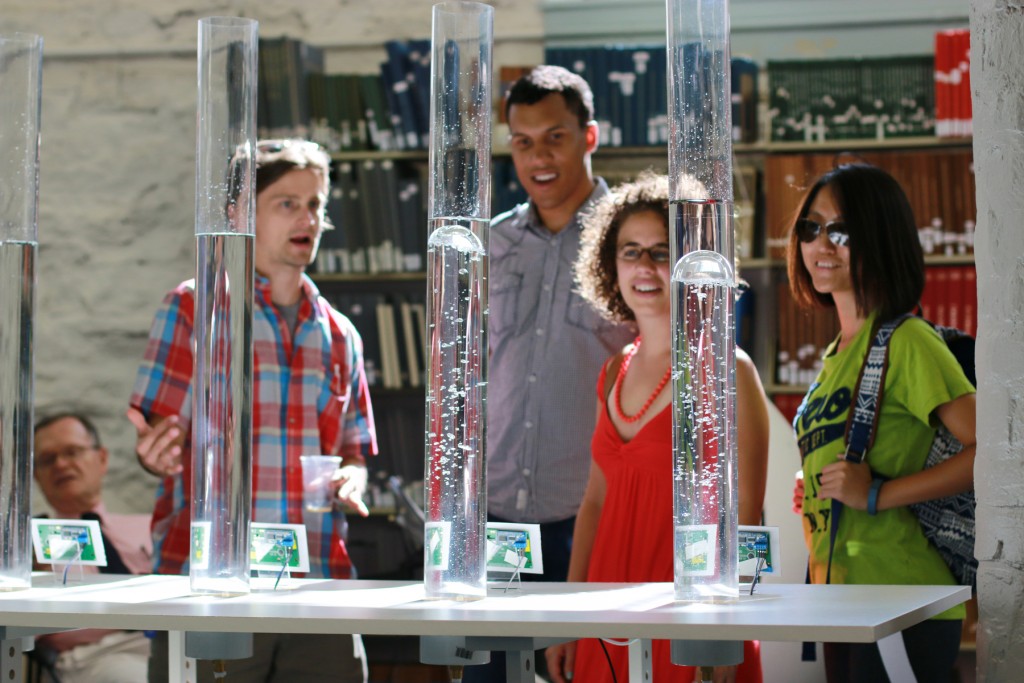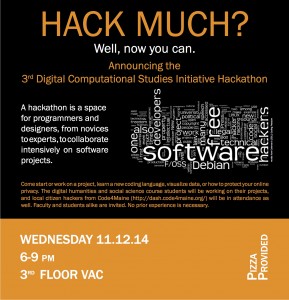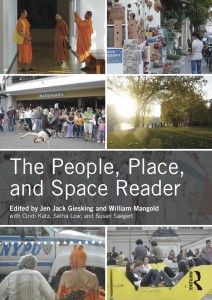#CarbonFeed
Reception: Monday, April 13 from 7 – 8 PM in Daggett Lounge
Installation on view at the Hawthorne-Longfellow Library from April 13 – May 13
#CarbonFeed is a new media project that challenges the perception that the online world is disconnected from physical reality. Artists John Park and Jon Bellona reveal the environmental consequences of online activity by visualizing carbon emissions triggered by tweeting, sonifying Twitter feeds and correlating tweets with data visualization.
#CarbonFeed encourages the Bowdoin community to participate in the instillation by tweeting #carbonfeed and #bowdoin from April 13 – May 13. Your tweets will trigger the installation to emit 0.02g/C02e.
Learn more about #CarbonFeed, John Park, and Jon Bellona.
Project supported by Lectures and Concerts and through contributions from DCSI, Visual Arts, Music, Art History, Environmental Studies, Physics, and Government.


 Why Did Americans Stop Eating Locally?
Why Did Americans Stop Eating Locally?
